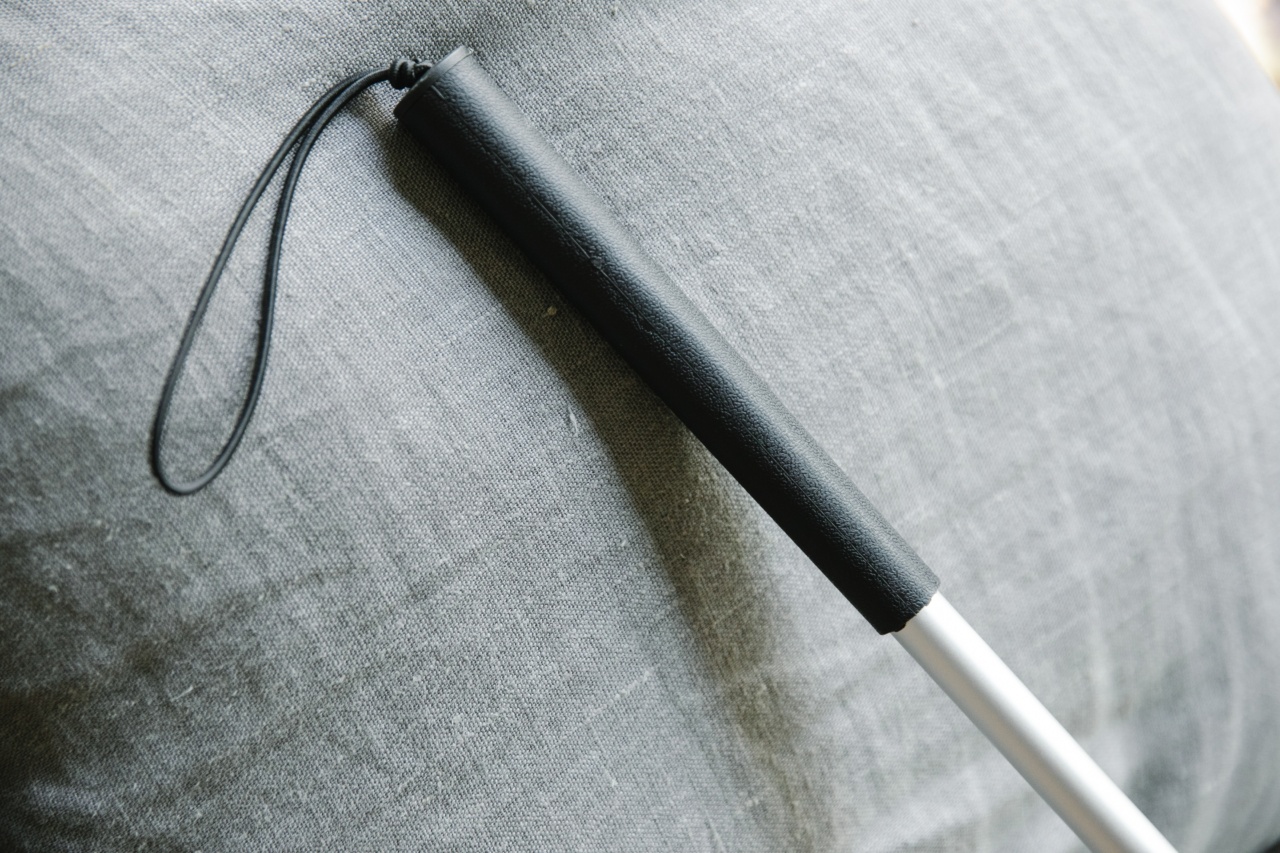When it comes to hemorrhoid prevention, there are several key strategies that can help you avoid the discomfort and inconvenience associated with this common condition.
Hemorrhoids are swollen and inflamed blood vessels in the rectum and anus that can cause pain, itching, and bleeding. By following the tips and advice in this ultimate guide, you can significantly reduce your risk of developing hemorrhoids and improve your overall digestive health.
1. Maintain a Healthy Diet
Eating a well-balanced diet rich in fiber is one of the most important steps you can take towards preventing hemorrhoids. Include plenty of fruits, vegetables, whole grains, and legumes in your meals to ensure an adequate intake of dietary fiber.
Fiber helps soften the stool and promotes regular bowel movements, reducing the strain on your anal area.
2. Stay Hydrated
Drinking enough water is crucial for maintaining proper hydration and preventing constipation. Aim to drink at least eight glasses of water or other fluids each day.
Staying hydrated helps keep your stool soft and easy to pass, reducing the risk of hemorrhoids.
3. Get Regular Exercise
Engaging in regular physical activity promotes healthy bowel function and prevents constipation. Exercise stimulates the muscles in your intestines, helping to move waste through your digestive system more efficiently.
Aim for at least 30 minutes of moderate-intensity exercise most days of the week.
4. Avoid Straining on the Toilet
Straining during bowel movements can put excessive pressure on your rectal area, leading to hemorrhoids. Avoid straining by taking your time on the toilet, using a proper posture, and not forcing yourself to pass stool.
If needed, consider using a stool softener or fiber supplement to make bowel movements easier.
5. Take Breaks from Sitting
Prolonged sitting can contribute to the development of hemorrhoids. When you sit for long periods, blood flow to your rectal area may be restricted, increasing the risk of swelling and inflammation.
To prevent this, take breaks every hour to stand, walk, or stretch. If you have a desk job, consider using a standing desk or an ergonomic chair.
6. Practice Good Bathroom Habits
Proper bathroom habits can go a long way in preventing hemorrhoids. Avoid excessive wiping, as it can irritate the sensitive skin in the anal area.
Instead, use gentle, unscented, and moistened wipes or consider using a bidet for a more thorough and gentle cleanse. Additionally, avoid lingering on the toilet after you’ve finished your bowel movements.
7. Manage your Weight
Being overweight or obese can increase your risk of developing hemorrhoids. Excess weight puts more pressure on your abdomen, including the blood vessels in your rectal area.
By maintaining a healthy weight through a balanced diet and regular exercise, you can reduce the strain on your anal area and lower your risk of developing hemorrhoids.
8. Avoid Heavy Lifting
Lifting heavy objects can strain the muscles in your abdomen and increase pressure in your rectal area. If you need to lift something heavy, use your legs rather than your back to minimize strain.
If the object is too heavy to lift safely, ask for help or use equipment such as a dolly or cart.
9. Don’t Delay Bowel Movements
Avoid delaying or ignoring the urge to have a bowel movement. Ignoring the urge can lead to constipation and make stool harder to pass. When stool remains in the colon for longer periods, more water is absorbed, making it harder and drier.
Straining to pass hard stool increases the risk of hemorrhoids.
10. Consider Medical Treatments
If you’re prone to hemorrhoids or have already experienced them, various medical treatments can help prevent their recurrence.
Consult with a healthcare professional about options such as rubber band ligation, sclerotherapy, or other minimally invasive procedures that can effectively treat existing hemorrhoids and reduce the likelihood of new ones forming.






























